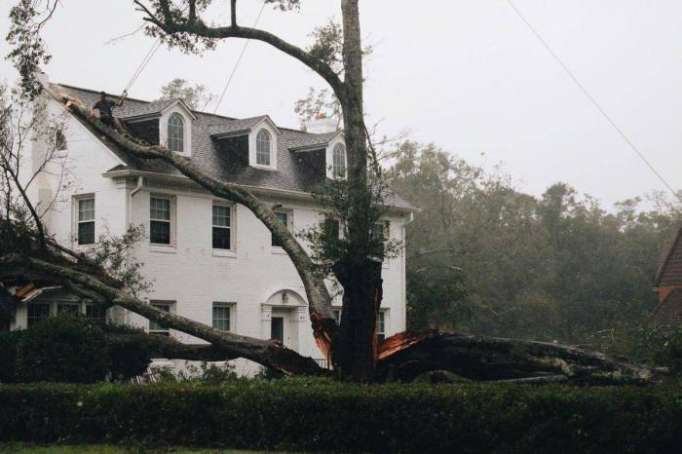"As of this morning, North Carolina has 17 confirmed deaths due to this storm," the state's governor Roy Cooper said on Monday. Another six deaths have been reported in South Carolina.
More than 1,100 North Carolina roads remained closed on Monday, the state's Department of Transportation said. In South Carolina, the authorities reported more than 150 road closures related to high floodwaters on Monday.
Some 460,000 people in North Carolina and 10,000 in South Carolina were without power. Many schools remained closed or had delayed opening times across the two states.
There are currently more than 14,000 evacuees in shelters in North Carolina, according to Cooper, who also warned that for many towns in the state, especially in the eastern part, "the danger is still immediate".
Moody's Analytics has initially estimated the cost of Hurricane Florence's damage at between 17 billion and 22 billion dollars, making it one of the 10 most costly hurricanes in U.S. history.
The bulk of that figure is in property losses, with lost economic output accounting for 1 billion to 2 billion dollars of the total, said an NPR news report.
Florence, which made landfall as Category 1 hurricane on Friday morning and weakened to a tropical storm later on the day, is now a tropical depression.
However, life-threatening floods are still expected to continue all this week, the National Weather Service said Monday.
















































